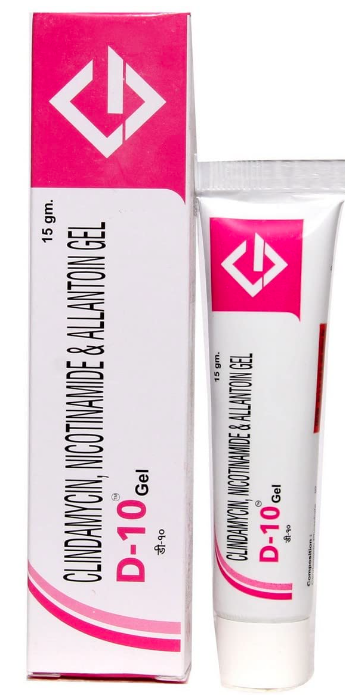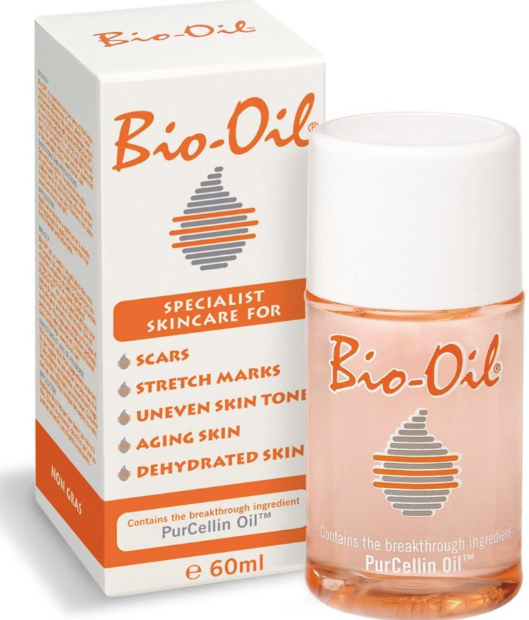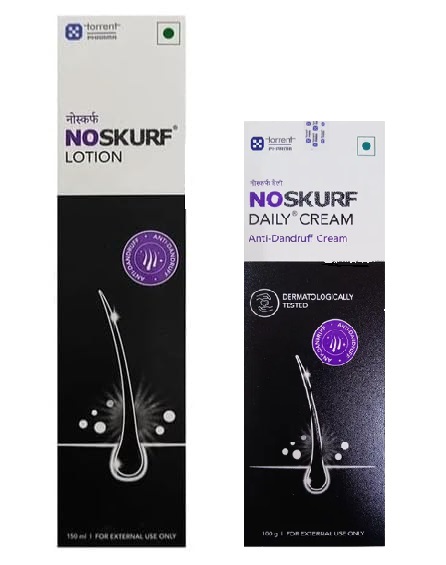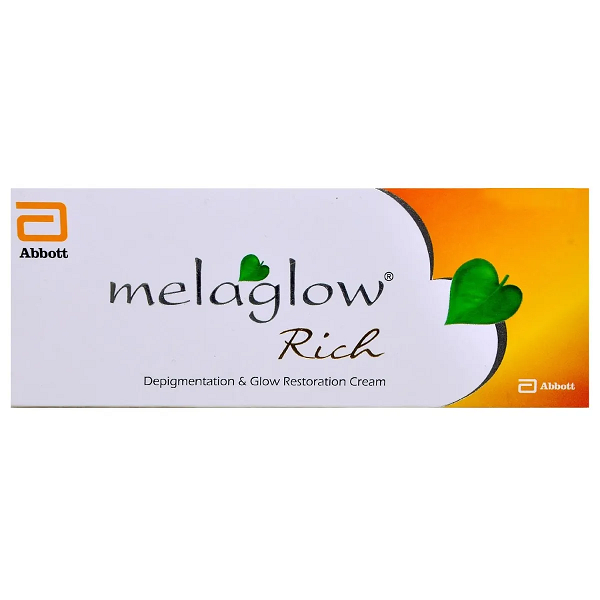D-10 GEL 15GM

About D-10 Gel
D-10 Gel is used to treat inflamed acne. It minimizes the formation of excessive natural oil, known as sebum. It also reduces swelling caused by acne. Acne is a skin-related problem in which the skin's oil glands (sebaceous glands) become clogged, thereby forming pimples and sometimes cysts.
D-10 Gel is composed of two medicines: Clindamycin, Nicotinamide, and Allantoin. Clindamycin is a lincomycin antibiotic that penetrates the skin and kills acne-causing bacteria. Nicotinamide is a form of vitamin B responsible for exerting anti-inflammatory effects applied to the skin. Allantoin is a moisturizing agent that forms an oily layer on the top of the skin that traps in the water. Thereby moisturizing the outermost layer of skin and making it smoother and softer. Also, it breaks down a protein known as keratin (that forms part of skin structure), removes dead skin cells, and softens skin. Altogether it stops or slows down the growth of bacteria and prevents the growth of acne.
D-10 Gel should be used in quantity advised by the doctor. It is only meant for external use. It should be applied in sufficient quantity enough to cover the affected area. Wash your hands before and after using this medicine. If it accidentally comes into contact with your eyes, nose, mouth, or other sensitive areas, immediately rinse it with water. In some cases, you may experience irritation, dryness, peeling, redness, and a burning sensation at the application site. Most of these side effects of D-10 Gel do not require medical attention and gradually resolve over time. However, if the side effects are persistent, reach out to your doctor. It is advised to use a skin moisturizer and drink plenty of water to prevent side effects.
Do not stop using this medicine without consulting your doctor. Inform your doctor if you are pregnant or breastfeeding. Also, if you are allergic to this medicine, please tell your doctor. Avoid touching, picking, or scratching the infected area to prevent acne from worsening. It is advised to avoid unnecessary sun exposure and before stepping out in the sun, use sunscreen. Do not use cosmetic products or perform cosmetic procedures in the affected area without consulting your doctor.
Uses of D-10 Gel
Medicinal Benefits
D-10 Gel contains Clindamycin, Nicotinamide (Vitamin B3), and Allantoin. Clindamycin is a well-known bacteriostatic antibiotic that treats acne, bacterial infection, and scars and is suitable for both dry and wet skin. The topical application of clindamycin helps heal acne by killing the acne-causing bacteria and prevents further bacterial skin infections. Nicotinamide is a synthetic form of Vitamin B3 that stimulates ceramide (fats found on the uppermost layer of the skin) synthesis and improves the epidermal permeability barrier functions, making skin look supple and soft. Allantoin is a moisturizing agent that forms an oily layer on the top of the skin and traps it in the water. Thereby moisturising the outermost layer of skin and making it smoother and softer. Also, it breaks down a protein known as keratin (that forms part of skin structure), removes dead skin cells, and softens skin. Altogether, it stops or slows down bacteria's growth, causing acne, and heals the skin by reducing swelling and redness.
Directions for Use
Storage
Side Effects of D-10 Gel
-
Irritation
-
Dryness
-
Peeling
-
Redness
-
Burning sensation at the application site
Drug Warnings
D-10 Gel is meant for only topical use and not for oral, ophthalmic, or intravaginal use. You should not use a D-10 Gel if your skin is very sensitive or allergic to D-10 Gel or lincomycin class antibiotic. Do not apply D-10 Gel on the cut, scraped, sunburned, or eczema-affected skin part. If accidentally D-10 Gel gets into your eyes, immediately rinse your eyes with water thoroughly and contact your doctor immediately if the irritation persists. Inform your doctor if your skin conditions do not improve. D-10 Gel may take time to treat acne, so do not apply a dosage more than prescribed for better and faster results. If you are pregnant, planning for pregnancy, or a nursing mother, consult your doctor before using D-10 Gel. Using dermatological products other than D-10 Gel may lead to unfavourable results like excessive skin drying, peeling, irritation, etc. In this case, consult your doctor about how much medicine should be used to treat acne.
Drug Interactions
Drug-Drug interactions: D-10 Gel may have an interaction with nerve-blocking medicines (number, pavilion), antibiotics (clarithromycin, rifampin, erythromycin), anti-HIV drugs (indinavir, nelfinavir, ritonavir), antifungals (itraconazole, ketoconazole), antidepressant (nefazodone), muscle relaxants (atracurium, cisatracurium, doxacurium, metocurine, mivacurium, pancuronium, succinylcholine).
Drug-Food Interactions: Avoid fried food or oil food.
Drug-Disease Interactions: You should not use D-10 Gel if you have ulcerative colitis, enteritis (inflammation of intestines), or severe diarrhoea caused by antibiotic medicine. People with colitis should avoid using D-10 Gel as it may cause severe, persistent diarrhoea and severe abdominal cramps with the passage of blood in stool or mucus.
Drug-Drug Interactions Checker List
- CLARITHROMYCIN
- RIFAMPICIN
- ERYTHROMYCIN
- INDINAVIR
- NELFINAVIR
- RITONAVIR
- ITRACONAZOLE
- KETOCONAZOLE
- NEFAZODONE
- ATRACURIUM
- CISATRACURIUM
- DOXACURIUM
- METOCURINE
- MIVACURIUM
- PANCURONIUM
- SUCCINYLCHOLINE
Habit Forming
Diet & Lifestyle Advise
-
Avoid sun exposure while using D-10 Gel as it may make the skin more sensitive to sunlight and cause sunburn. Wear protective clothing and sunscreen while going out to protect your skin from sunburn.
-
Regular exercise can improve your mood and self-esteem though it doesn’t clear acne. Take a shower immediately after finishing exercise, as sweat may irritate acne.
-
Do regular hair wash regularly and avoid hair falling across the face.
-
Remove the makeup completely before going to bed.
-
Avoid using products that may cause skin irritation, such as harsh soaps, skin cleansers, shampoos, hair removers or waxes, hair colouring or permanent chemicals, detergents, and rough fabrics.
Special Advise
-
D-10 Gel is for external use only, and contact should be avoided from the eyes and mucous membranes, including those of the nose and mouth. Please consult your doctor in case of excessive dryness, irritation, or peeling of the skin.
-
Please inform your doctor if your infected skin area does not improve after four weeks of treatment.
-
Limit your time in sunlight exposure and avoid skin tanning booths and sunlamps. Also, wear sunscreen lotion (or SPF) and wear protective clothing outdoors.
-
You are advised to apply any other lotions, creams, or ointments, including cosmetics and moisturizers, after 30 minutes of applying D-10 Gel, as using both simultaneously may reduce the effectiveness of D-10 Gel.
-
Avoid contact of D-10 Gel with nose, mouth, eyes, or ears. In case D-10 Gel comes in contact with these areas accidentally, rinse with water.
-
Do not squeeze, pop or pick spots, as it may worsen them and cause permanent scarring.
Disease/Condition Glossary
Acne or acne vulgaris: Acne or acne vulgaris is a long-term skin problem caused when hair follicles become plugged with oil and dead skin cells. It leads to blackheads, whiteheads, pimples, oily skin, and a scar on the uppermost layer of the skin (epidermis).








